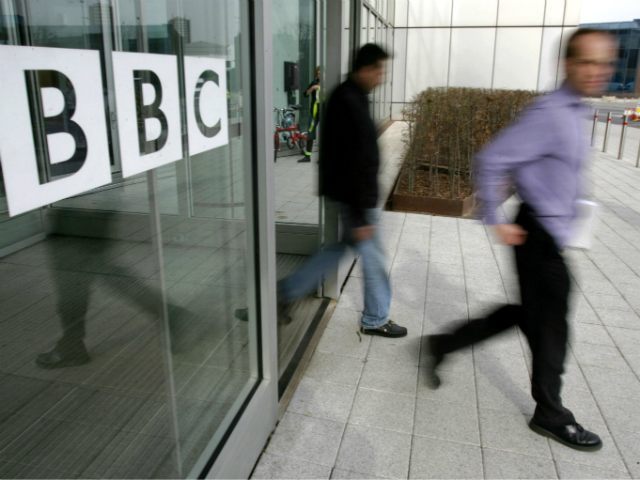Last week, Breitbart Tech reported on the BBC’s resurrection of a widely discredited U.N. report on gendered online harassment, which they call “cyberviolence against women and girls.”
Following the publication of our report, the BBC updated their article to remove a key claim, although they have not notified readers of the change anywhere in their original piece.
The BBC article, entitled “100 Women 2015: Social media ‘fuels gender violence,'” originally contained the following line:
The UN estimates 95% of all aggressive and denigrating behaviour in online spaces is aimed at women.
Since the publication of our article, the BBC have replaced their “95 percent” line with the following, milder claim:
According to research from Pew Hispanic Center, 65% of young internet users have been suffered online harassment, and young women aged 18-24 are particularly vulnerable as they experience certain severe types of harassment at disproportionately high levels.
The original, unedited article can still be found on archive websites.
The claim that “95 percent of aggressive and denigrating behaviour online is aimed at women” has been circulating around the social networks and websites of online progressive activists since at least 2010, but attempts to locate the original source turn up few results. The figure is quoted in a 2010 study from the Association for Progressive Communications, but the web link cited in the study is broken.
The statistic was also picked up by the progressive journal Salon, which published its own piece following the BBC’s report.
The figure runs against all other available data on online harassment. The most comprehensive study, conducted by the Pew Research Center in 2014, found that men and women on the internet were subject to roughly the same amount of online harassment, with women subject to more sexual harassment and men subject to more threats of physical violence. The Demos think tank, meanwhile, has found that male celebrities are more likely to receive online abuse than women, while women are roughly as likely as men to use allegedly ‘misogynistic’ language.
The U.N. report on “cyberviolence,” which the BBC referenced, was widely criticised after it was released earlier this year. Particular attention was paid to the report’s broken citations, its reference of discredited arguments about video games encouraging violent attitidues (one of the citations claimed that Pokemon encouraged satanism), and its call for governments to pressure search engines and ISPs to censor content.
Responding to a request for comment, the BBC said “A contested figure was used in the online piece which we subsequently corrected.”
Follow Allum Bokhari @LibertarianBlue on Twitter, and download Milo Alert! for Android to be kept up to date on his latest articles.

COMMENTS
Please let us know if you're having issues with commenting.